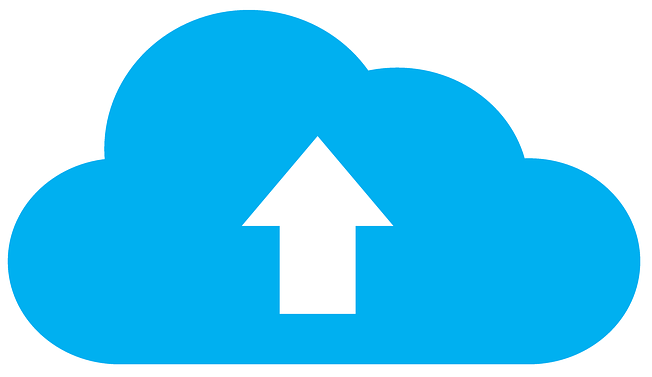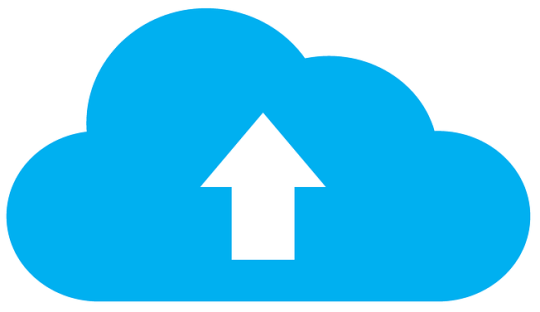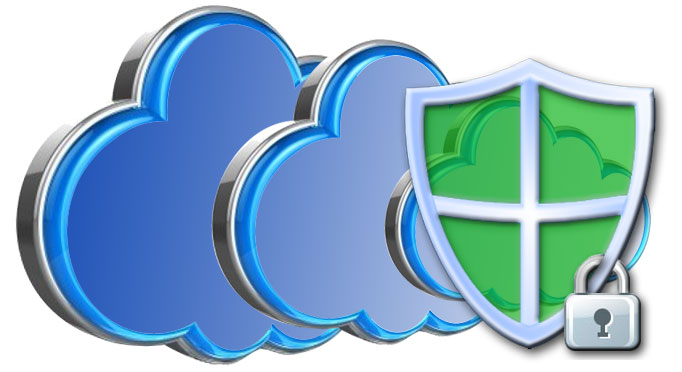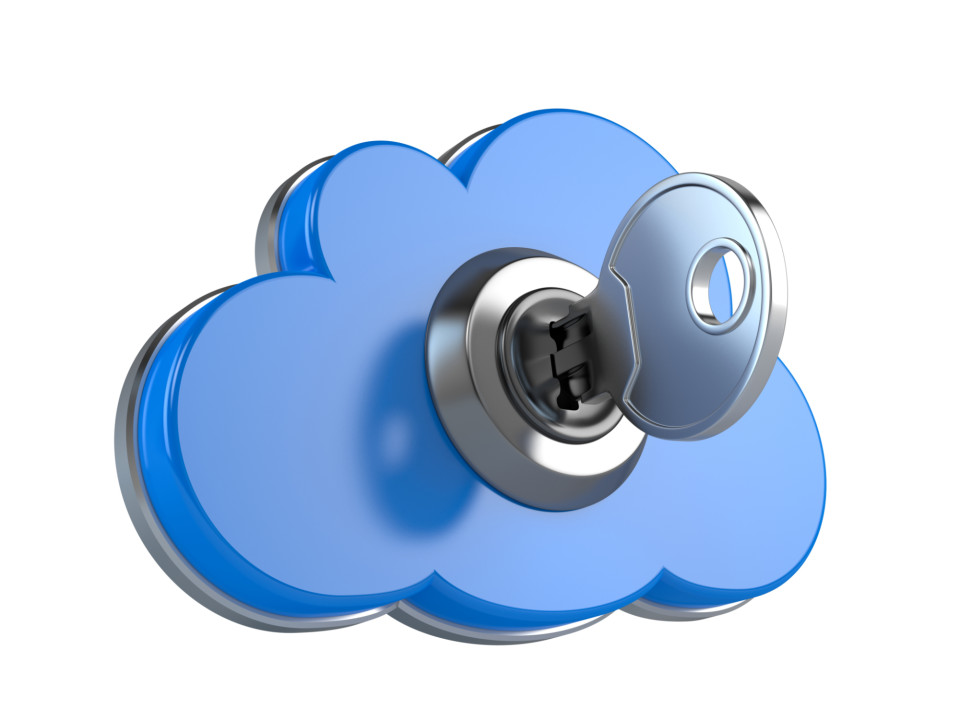
Cloud backups have rapidly become the market leader in terms of backing up data, but what exactly can a cloud backup system offer your organization?
You only have to take the briefest of looks at the IT press to see just how popular cloud backups are, they’re positioned as the future and they’re allowing us to do new things with our data. And it’s not without good reason, cloud backups are probably the most important evolution that data storage has ever seen.
No organization should be without a cloud backup as one of its storage options, so it’s time to understand exactly what it can provide for your business.
Why You Need Your Data in the Cloud
There are a huge range of benefits on offer from cloud backups, so let’s concentrate on some of the most important:
- Constant access to your data – As long as you have access to the internet, you will be able to connect to your cloud. And this means that even if you’re a remote worker in the middle of Europe, you’ll still have exactly the same access to the same files as your co-workers in New York. This accessibility can seriously improve your business as employees no longer have to face timely waits whilst files are emailed over and, even better, all the relevant files can be accessed at any time of the day.
- Energy Efficient – We live in an age where being green is highly important for both the planet and an organization’s public perception. And, thanks to cloud backup providers hosting multiple clients on their servers, everyone’s carbon footprint is seriously reduced by adopting cloud storage.
- Offsite storage offers enhanced protection – Storing every copy of your organization’s files on site certainly provides quick access and can facilitate a quick restore in the case of a data emergency, but what if a different type of emergency hits your organization? Natural disasters can absolutely obliterate physical data sources, so keeping a backup off site – such as in a cloud system – provides you with an additional option for retaining and then restoring your data.
- Cost and Space Savings – A cloud backup service reduces the need for your business to purchase and make room for physical storage systems. Almost all cloud backups go through a specialist provider who provides their own hardware offsite. Not only does this allow them to minimize their costs as they’re able to build a huge database of users who are renting their space, but they’re able to pass these cost savings onto your tariffs. And that’s one of the most attractive benefits of cloud storage.
- Reduces Your IT Worries – Running a business is a highly difficult and time consuming cost, so having to worry about your storage capabilities is something you could really do without. With the explosion in cloud service providers ready and willing to provide offsite storage, this is a task that you can ship out to a third party and allow yourself to concentrate on making your business as successful as possible.
For more ways to secure and optimize your business technology, contact your local IT professionals.
Read More
















